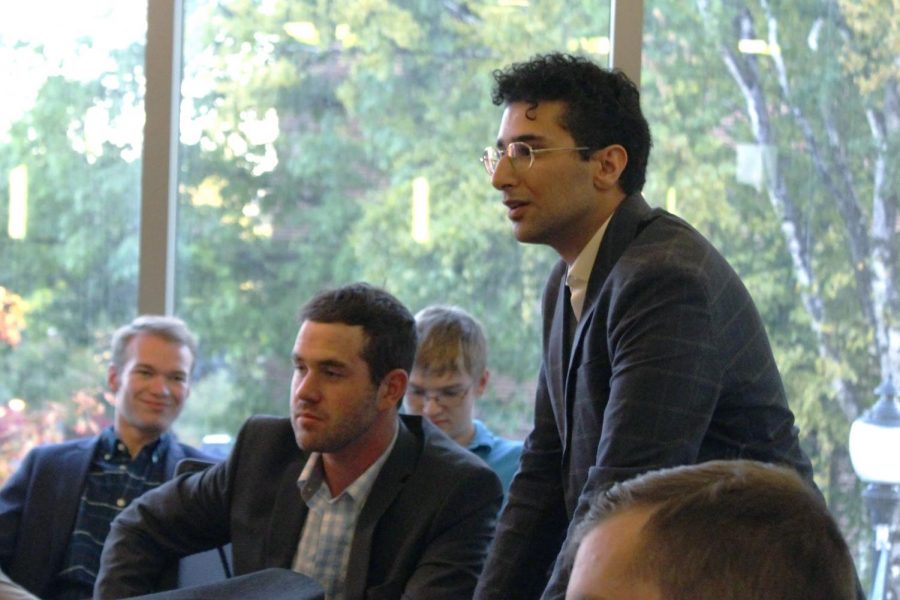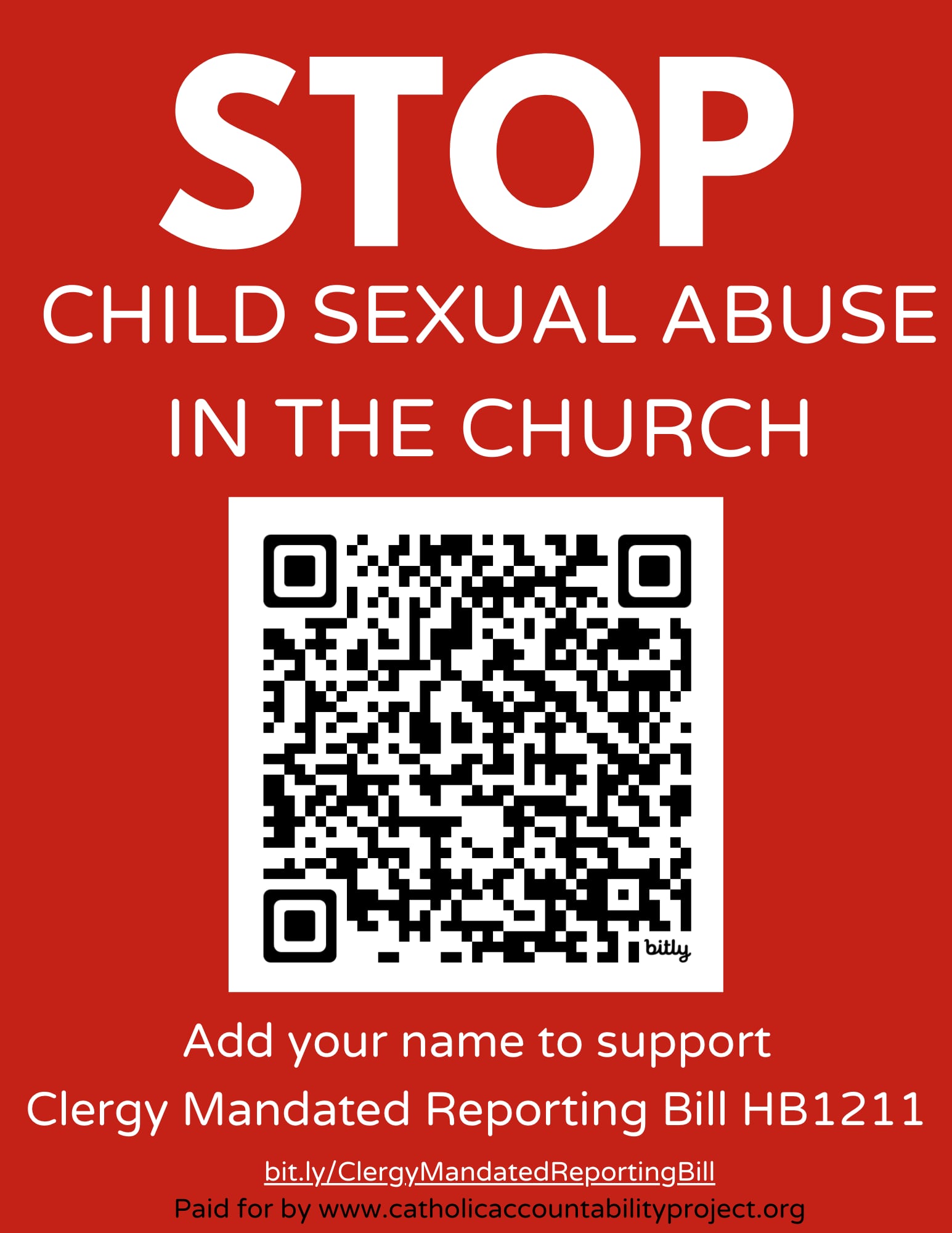Safe spaces harm resilience, debate
Non-progressive opinions are often excluded from ideological havens, political divides widened
EUGENE LEE | THE DAILY EVERGREEN
Amir Rezamand, president of the WSU College Republicans, discusses whether safe spaces are justified Thursday in the CUB.
September 24, 2018
If you need to find a place that won’t discriminate against you for wanting to express your controversial beliefs, allow me to sarcastically refer you to a “safe space.”
Within the last several years, individuals with non-traditional identities created these zones around many educational campuses. The purpose behind them is to reserve a location where any person could avoid discrimination, comparable to a safe haven.
This is without a doubt well-intentioned. However, the track record of safe spaces is anything but commendable.
During a rape culture discussion at Brown University, student volunteers put up posters advertising that a “safe space” would be available for anyone who found the debate too upsetting, according to a 2015 article published in The New York Times.
Since then, the situation has only gotten worse.
Less than a year ago at Fordham University, a campus coffee shop kicked out students wearing “Make America Great Again” hats as it violated their “safe space” policy.
In the short time safe spaces have been around, we can see a clear evolution from safe haven to hideout to exclusive club for the easily offended. I wish I could say WSU is better than those East Coast examples, but that just isn’t the case.
During last week’s drama with the Phi Gamma Delta fraternity, also known as Fiji, and cultural appropriation, one of our own Cougs was asked to leave a public facility due to the claim that it was an active safe space.
Amir Rezamand, student president of the WSU College Republicans, quietly live-streamed in the corner of the cultural appropriation forum in the CUB. Rezamand said that after the hosts of the forum noticed him recording, the atmosphere became tense and he was told he needed to leave.
“Legally, they have no grounds to do that, it’s a public space,” Rezamand said, “but in concern of my own safety and well-being, I very politely put my phone away and left.”
This particular case is unusual for many reasons. Everyone was invited to come to the forum and Rezamand was not being disruptive. Also, no one asked Rezamand to leave until someone shouted that he wasn’t with the university.
By that logic, live streaming would’ve been OK for a university-affiliated Facebook page if it would’ve made people more comfortable to express themselves. In a WSU safe space, you’re unwelcome if you cause a shred of discomfort despite being within your rights or even if the complaints are illogical.
Regardless of what side of the aisle you’re on, it’s obvious the diversity these zones promote is ironically limited by a set of progressive values. If you’re being bullied because you don’t believe transgender people should be in the military, you’re unlikely to find comfort in a safe space.
Yet if you’re feeling outraged that someone believes it’s not the government’s responsibility to pay for your birth control, I have no doubt you’d be welcome.
If you have a conservative opinion, it will not be tolerated in the name of tolerance.
I’m going to go out on a limb and say if Rezamand was a dark-skinned transgender woman affiliated with the Young Democrats, his live streaming wouldn’t have been alarming.
If you’ve ever asked yourself why people in this country are ideologically divided, perhaps it’s because we’ve lost the skill to debate.
It has nothing to do with Americans being ignorant, inherently racist or homophobic. It’s because many of us are under the impression that our “right” to not be offended trumps the rights of others to express subjectively offensive ideas.
“When you say this is a safe zone, you essentially isolate yourself from any criticisms,” Rezamand said. “There’s no dialogue, it’s a shouting into the nothingness.”
I couldn’t agree more.
It’s completely healthy to have occasional rant sessions, but let’s grow up a bit. A self-respecting adult owns their beliefs, defends them upfront and accepts the fact that some people might think differently.










